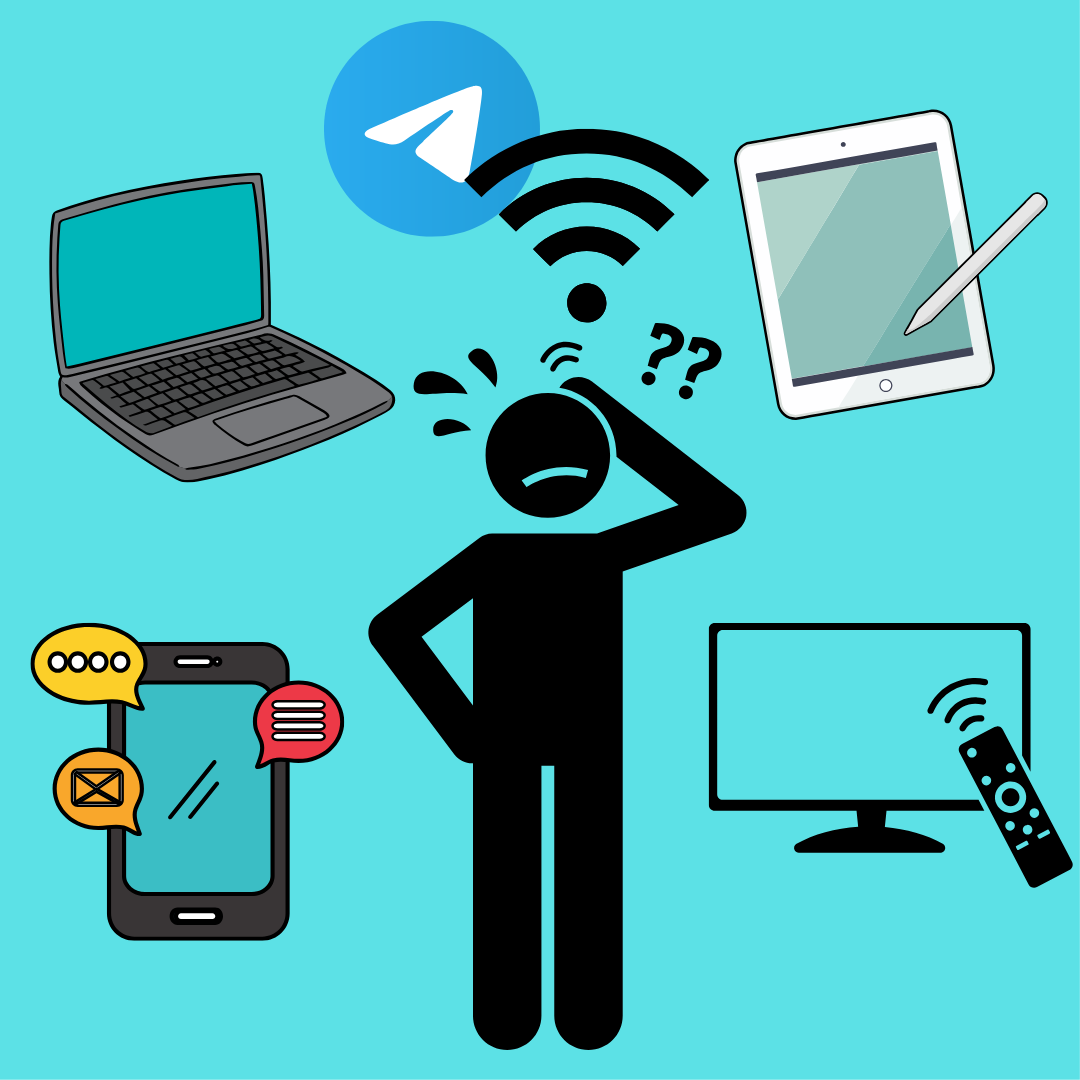The challenges with returning to in-person learning
Since the pandemic started, there has been a decline in students’ mental health, with issues such as stress, anxiety and depression becoming more prominent.
The pandemic has caused frequent feelings of uncertainty, instability and isolation, and therefore it is no surprise that the mental health of college students has been impacted negatively. But now, with students returning to campus and in-person classes, a new set of challenges presents itself.
After finally adjusting to online learning and social isolation for over a year, we must readjust to in-person learning. While we are grateful for the opportunity to be back in-person, transitioning back to a version of life as it was prior to covid-19 has proven to be difficult for many students.
Some students are experiencing “re-entry anxiety,” a condition in which students feel a sense of anxiety about being back on campus. These students are worried about the adjustment and feelings of social anxiety that come with returning to campus.
Being on campus again also requires a great sense of time management. After participating in classes and other activities all online for over a year, many students now have fully in-person extracurricular activities, internships and jobs that must be balanced with schoolwork.
One of the greatest benefits of Zoom was the flexibility and accommodations that came with it. Students were able to learn from different places, especially in case of emergencies. Zoom recordings also allowed students who could not attend their classes to continue learning and stay on track. Zoom is accessible from anywhere with a Wi-Fi connection, and therefore, students did not have to account for travel time.
While returning to our “old normal” does have its benefits, it does not automatically fix all of the mental health issues that students have been and are continuing to struggle with. The constant adjustments coupled with the mental health issues that have increased during the pandemic have led many students to feel overwhelmed.
In response to these mental health issues, many students are turning to unhealthy coping mechanisms or just simply not taking care of themselves. They are unsure of how to balance everything, allowing their schoolwork and other responsibilities to take precedence over their mental health and well-being.
For example, according to the National Association of Anorexia Nervosa and Associated Disorders, eating disorders have been on the rise at many college campuses. A Student Voice survey conducted from April 28, 2021 to May 2, 2021 concluded that one-third of students are getting less sleep than pre-covid.
We recognize that there are students on campus who are in need of extra support, but either do not know how to reach out or do not want to ask for that help. We also recognize there are a variety of variables that can hinder a student’s ability to get the help they need.
However, we want to encourage our readers to utilize the resources at St. Joe’s and within the larger community to prioritize their mental health and practice good self-care.
As a community with and for others, we all must prioritize our own mental health and wellness while supporting our peers as the semester continues.
Mental health struggles are very real and valid; no one should have to face those challenges alone.
















































